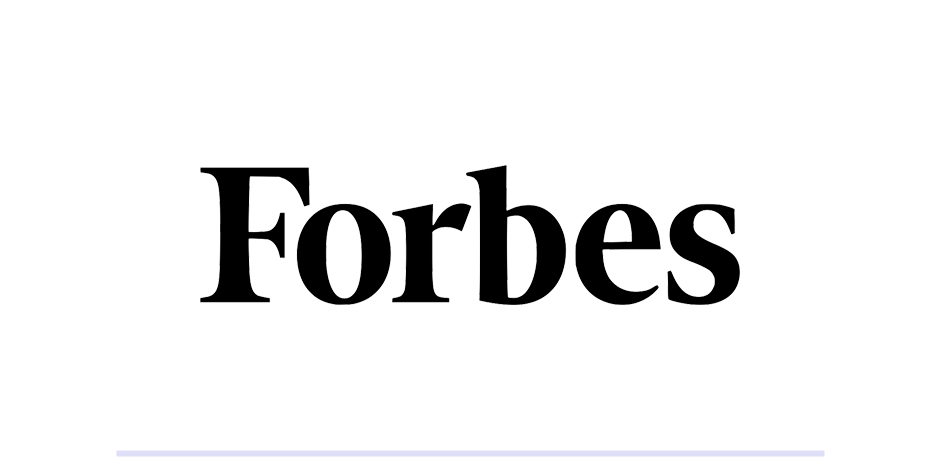Forbes Mentions First Insight | Endless Varieties Of The S&P 500, Based On People's Beliefs
Three-quarters of Gen Z, people born roughly between 1995 to 2010, prefer to buy from sustainable companies, rather than simply brand names, according to a survey of US consumer attitudes on sustainable shopping by First Insight and the Baker Retailing Center at the Wharton School of the University of Pennsylvania.
Full Forbes Article:
Say you’re a regular investor who likes ETFs, but you want your investments to have a positive impact. What to do?
That’s the dilemma Giraffe seeks to address. The startup’s platform allows people to invest in indexes tailored to their specific values, from vegetarianism to reducing carbon emissions. Founded in 2021, it took the company two years to develop the technology, which recently went live. “It produces endless varieties of the S&P 500, based on people’s beliefs,” says co-founder Itai Kohavi.
A Search for Values-Based ETFs
Kohavi, a vegetarian, started investing in ETFs many years ago. However, as time went by, he became increasingly distressed that his options all included stocks he preferred not to invest in, like meat producers. When he looked into the matter further, Kohavi came upon many other corporations involved in businesses he didn’t want to support. “I was interested in investing in a large index, but not in certain companies, and I couldn’t do it,” he says.
He got to thinking there had to be way to create such an option—and that many other like-minded investors would also be interested in participating. Kohavi, a serial entrepreneur—Giraffe is his third startup—decided to start a company to develop the product.
An Employee Benefit
With Giraffe, users can turn an existing ETF into a personalized, values-oriented portfolio. That could mean eliminating companies with few women in top management, major greenhouse gas producers, or any other problematic business or practice. So a vegetarian like Kohavi who wants to invest in the S&P 500 can avoid a producer of meatand add a plant-based food company. “You define the areas you care about and choose what you want to avoid,” he says.
Kohavi describes it as “the fourth generation of generation of investing.” First came single stocks, next mutual funds, then ETFs and finally the ability to tailor those indexes.
Giraffe distributes the service primarily through employers, who offer it as a benefit to their employees. “That was important to me, since employers touch most of the people in the world,” says Kohavi. “The impact is much faster.”
According to Kohavi, that’s especially attractive to younger workers, who tend to place a high value on social responsibility in their investments, purchases and employers. Three-quarters of Gen Z, people born roughly between 1995 to 2010, prefer to buy from sustainable companies, rather than simply brand names, according to a survey of US consumer attitudes on sustainable shopping by First Insight and the Baker Retailing Center at the Wharton School of the University of Pennsylvania.
With that in mind, employers can compensate employees using investment vouchers which can be redeemed in stocks of companies that align with their personal values. (Employees also have access to a library of financial educational resources). Ultimately, the plan is to integrate the platform into a company’s compensation program with paycheck-based contributions and employer-match programs. Giraffe also has a direct-to-consumer capability.
The company recently raised $10.5 million in seed funding in a round led by Group 11, with participation from Altair Capital and angel investors. Kohavi plans to use the funding to refine Giraffe’s indexing engine and due-diligence algorithm, as well as expand to new U.S. customers.
Read full article on Forbes. * Subscription required.













